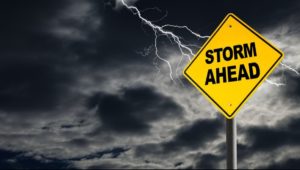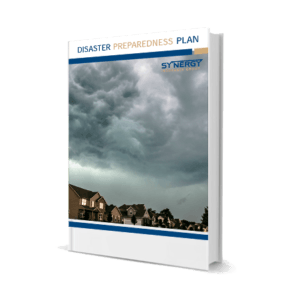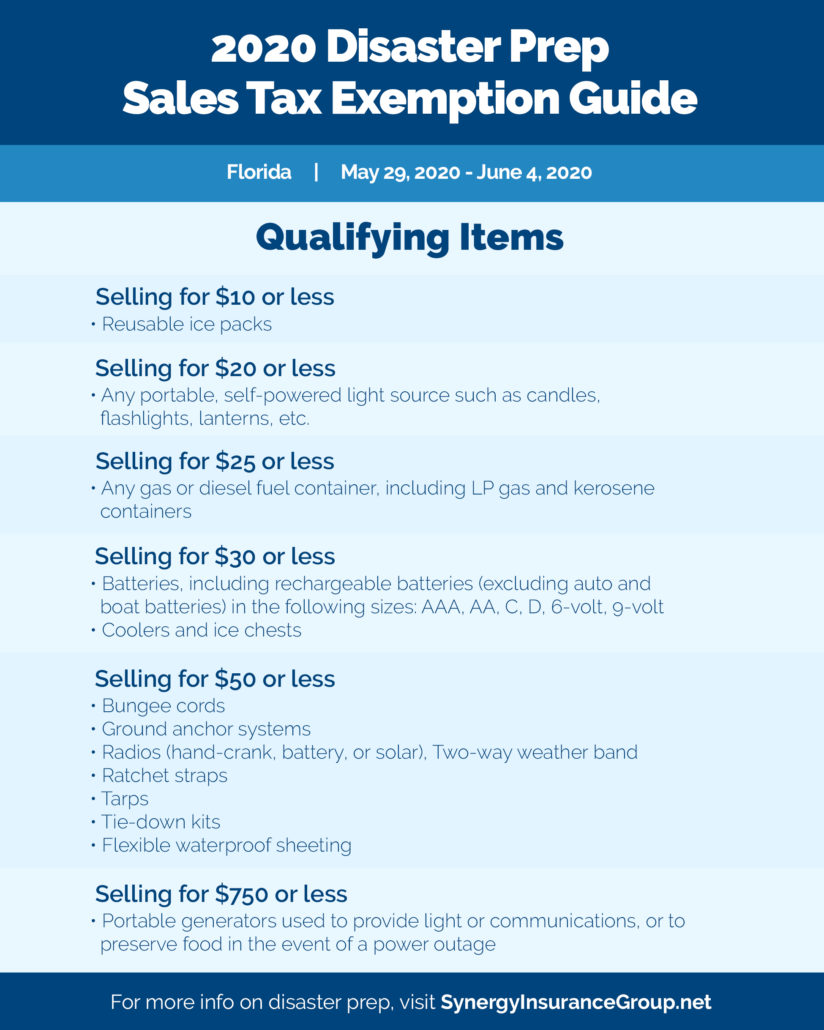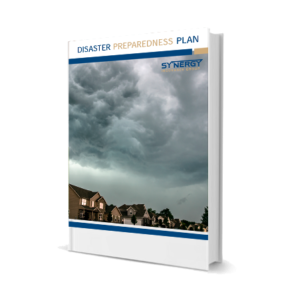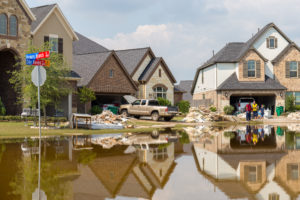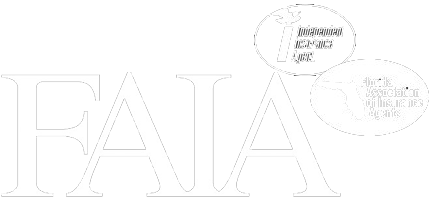Understanding Your Homeowners Insurance Policy this Hurricane Season
Homeowners insurance is essential for protecting your home against unforeseen events. Understanding your policy, what it covers and what it excludes—is crucial to ensuring you’re adequately protected and avoiding unnecessary expenses. This guide will help you navigate your homeowners insurance policy by highlighting the importance of reading your policy documents, asking questions, and taking preventive measures to maintain your home.
What Your Typical Homeowners Insurance Policy Covers
Homeowners insurance policies typically cover a range of events, protecting you from significant financial loss. Common covered events include:
- Storms – Policies usually cover damage from hurricanes, windstorms, and other severe weather conditions.
- Hail Damage – Hail can cause significant damage to roofs, windows, and siding.
- Fire – Fire damage is one of the primary risks covered by homeowners insurance.
- Falling Objects – This includes damage from falling tree branches or other objects.
- Vandalism – Coverage for intentional damage caused by others.
Understanding these covered events is vital for ensuring your policy meets your needs. However, it’s equally important to know what is not covered.
Common Insurance Policy Exclusions
Not all damages are covered by homeowners insurance. Common exclusions include:
- Normal Wear and Tear – Insurance policies typically do not cover damages resulting from normal aging or usage of your home.
- Construction Defects – Issues resulting from poor construction practices are generally excluded.
- Foundation Failure – Structural problems with the foundation are often not covered.
- Pet and Animal Damage -Damage caused by pets or other animals is usually excluded.
- Mold and Fungus – Coverage for mold and fungus is often limited or excluded entirely.
Understanding these exclusions is crucial to avoid unexpected costs.
The Importance of Reading Your Policy Documents
Synergy Insurance Group prides itself on transparency and customer service for its policyholders. Whoever your insurance company is, when you receive your homeowners insurance policy documents, it’s important to read them closely. By doing so, you agree to all the terms and conditions at the commencement of your policy and each year when it renews. Key reasons to read your policy documents include:
- Clarifying Coverage – Ensure you understand what is and isn’t covered so you’re not caught off guard when filing a claim.
- Identifying Exclusions – Know the limitations of your policy to plan for additional coverage if necessary.
- Understanding Responsibilities – Be aware of your obligations, such as maintaining your home to prevent damage.
If you have any questions about your policy, do not hesitate to ask your insurance agent for clarification. It’s their job to help you understand your coverage fully.
Understanding your homeowners insurance policy is crucial to saving money and ensuring you’re adequately protected. By knowing what is covered and excluded, reading your policy documents carefully, asking questions, and performing regular maintenance, you can avoid costly surprises and keep your home in excellent condition. Remember, a well-maintained home is not only a safe home but also a financially sound investment. If you’re still looking for quality home insurance coverage, you can request a quote here or search for one of our Synergy Insurance Group trusted agency partners.

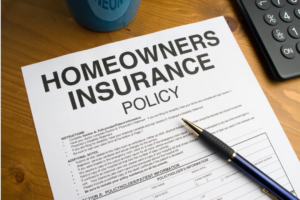



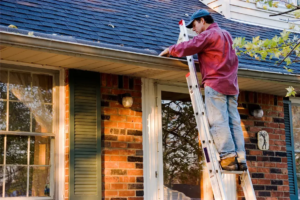 Autumn in Florida is a subtle transition, softly nudging the boundaries of a seemingly endless summer with mild whispers of cooler breezes. While the quintessential fall transformations are minimal, homeowners still need to adjust their maintenance practices to ensure their homes are well-kept and prepared for seasonal changes. Here’s a guide to fall home maintenance tailored to meet the specific needs of Florida residents.
Autumn in Florida is a subtle transition, softly nudging the boundaries of a seemingly endless summer with mild whispers of cooler breezes. While the quintessential fall transformations are minimal, homeowners still need to adjust their maintenance practices to ensure their homes are well-kept and prepared for seasonal changes. Here’s a guide to fall home maintenance tailored to meet the specific needs of Florida residents. 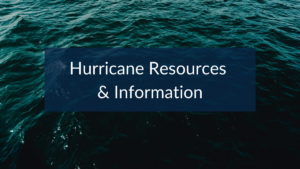
 You’ve changed the clocks and been bitten by the spring cleaning bug. While you’re in the throes of all that cleaning, take a moment to add these general safety tips onto your honey-dos. From the ceilings to the medicine cabinets, now is a great time to make your home as safe as possible for the new season. Here are a few ideas to kickstart your plans.
You’ve changed the clocks and been bitten by the spring cleaning bug. While you’re in the throes of all that cleaning, take a moment to add these general safety tips onto your honey-dos. From the ceilings to the medicine cabinets, now is a great time to make your home as safe as possible for the new season. Here are a few ideas to kickstart your plans. 